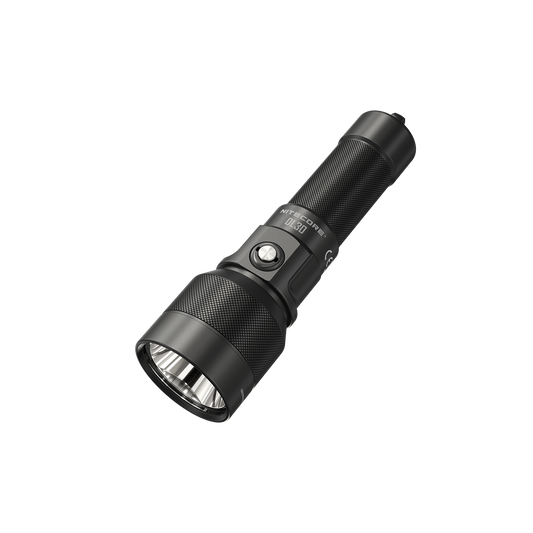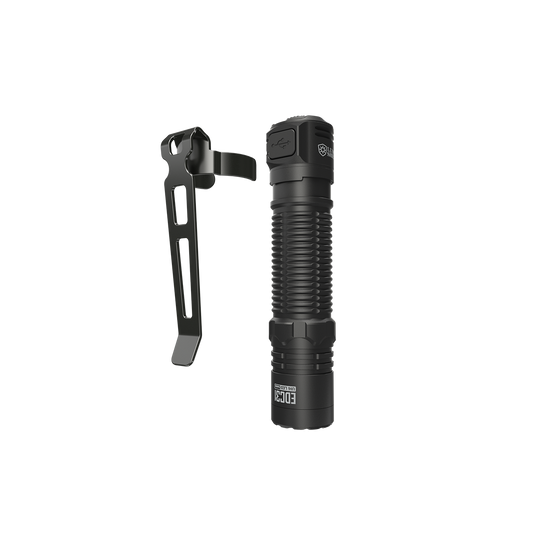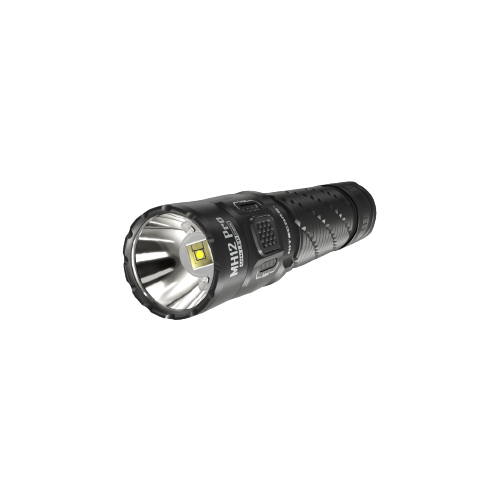
The T-Factor: Optimizing Testosterone
As men age, Father Time seems to have a particular fondness for fiddling with testosterone levels. This crucial hormone is like the conductor of the male orchestra, influencing everything from muscle mass and bone density to mood and libido. A dip in testosterone can lead to a chorus of unwelcome changes, including fatigue, decreased muscle strength, and a decline in sex drive.
But before you resign yourself to a rocking chair and lukewarm tea, here's the good news: there are natural ways to keep your testosterone in check. This isn't about chasing some unrealistic peak performance; it's about optimizing your T for a healthier, more vibrant you at any age. We want to enjoy the time that passes and not resign to the sofa, stuffing our faces with TV dinners.

The Alarming Decline:
The issue of declining testosterone goes beyond the natural age-related decrease. Studies by Dr. Thomas Travison and colleagues from the New England Research Institutes in Watertown, Massachusetts, found that the average levels of the male hormone dropped by 1 percent a year. This means that, for example, a 65-year-old man in 2002 would have testosterone levels 15 percent lower than those of a 65-year-old in 1987. This significant decline highlights the importance of taking proactive steps to optimize your testosterone levels, even if you're feeling relatively healthy.
In addition, the global health landscape is facing a significant challenge: excess weight. The World Health Organization (WHO) reports that nearly 1.9 billion adults are overweight, with over 650 million classified as obese. This trend transcends borders and cultures, affecting both men and women. While body mass index (BMI) is a common measurement, it's important to understand the underlying factors that contribute to weight gain and the role hormones like testosterone play.

The Vicious Cycle: Low T, High Fat
While genetics can influence weight, lifestyle choices significantly impact our body composition. A diet high in processed foods and low in whole, nutrient-rich options can hinder our health. Similarly, a lack of physical activity further disrupts the body's natural balance. This combination can lead to a decrease in testosterone production.
Testosterone is a crucial hormone for men, influencing everything from muscle mass and bone density to mood and libido. When testosterone levels drop, it can become difficult to build muscle tissue efficiently, creating a vicious cycle. Without muscle to burn calories effectively, the body struggles to manage weight, leading to fat accumulation.
The Estrogen Connection: A Hormonal Tug-of-War
Adding another layer of complexity, fat tissue produces estrogen, a hormone traditionally associated with females. While men naturally have some estrogen, a significant drop in testosterone creates a hormonal imbalance. This "estrogen dominance" can further contribute to fat storage and hinder muscle growth.
Optimizing T for a Healthier You
The good news is that there are steps you can take to address low testosterone and its associated weight management challenges. Focusing on a whole-food diet rich in fruits, vegetables, and lean protein provides your body with the building blocks it needs. Regular exercise, particularly strength training, stimulates testosterone production and helps build muscle mass, which, in turn, aids in burning calories.
Building Muscle, Building T: A Symbiotic Relationship
Muscle mass and testosterone production are a fascinating two-way street. Not only does testosterone influence muscle growth, but muscle mass itself also plays a role in testosterone production. Just as fatty tissue tends to trigger your body to produce more estrogen, muscle tissue tends to trigger your body to produce more testosterone. More testosterone = more muscle mass. And more muscle mass keeps you stronger and leaner. Strength and resistance training are a great way to increase your muscle mass and your T levels. So is eating a healthy diet that contains high-quality protein. As part of a comprehensive approach to optimizing your testosterone, we discuss making changes to your diet and routine that'll aid in building muscle and shedding fat to keep your T levels high.

Considering Testosterone Replacement Therapy (TRT)
In some cases, testosterone replacement therapy (TRT) may be a viable option to address low T levels. This therapy aims to restore testosterone levels to a range that optimizes your body's function. It's important to note that TRT is a medical decision, and consulting a qualified healthcare professional is crucial. They can assess your individual needs and symptoms, determine if TRT is right for you, and design a personalized treatment plan.
But if you do not want to take the TRT route, let's examine some other viable options.
The Natural T-Boosters:
- Hit the Gym Hard, Not the Snooze Button: Regular exercise, particularly strength training, is a potent testosterone stimulator. Aim for at least two to three sessions per week, focusing on compound exercises that work for multiple muscle groups.
Why it Works: Strength training stimulates testosterone production through a multi-step process. When you challenge your muscles with exercises like squats, deadlifts, and bench presses, microscopic tears occur in the muscle fibers. Your body responds by releasing hormones, including testosterone, to repair and rebuild the damaged tissue. This repair process stimulates testosterone production to ensure there's enough of the hormone available for future growth and recovery. Compound exercises are particularly effective because they engage multiple muscle groups at once, leading to a greater hormonal response compared to isolation exercises that target single muscles.
Building Muscle, Building T: A Symbiotic Relationship
Muscle mass and testosterone production are a fascinating two-way street. Not only does testosterone influence muscle growth, but muscle mass itself also plays a role in testosterone production. Just as fatty tissue tends to trigger your body to produce more estrogen, muscle tissue tends to trigger your body to produce more testosterone. More testosterone = more muscle mass. And more muscle mass keeps you stronger and leaner. Strength and resistance training are a great way to increase your muscle mass and your T levels. So is eating a healthy diet that contains high-quality protein. As part of a comprehensive approach to optimizing your testosterone, we discuss making changes to your diet and routine that'll aid in building muscle and shedding fat to keep your T levels high.
- Sleep Like a Champion: Think of sleep as your body's natural testosterone factory when you're sleep-deprived, production dips. Aim for 7-8 hours of quality shut-eye each night: no blue lights, no electronic devices around you, and no distractions.
Why it Works: During deep sleep, your body releases a surge of testosterone, which is crucial for maintaining healthy testosterone levels throughout the day. When you're chronically sleep-deprived, this surge is disrupted, leading to lower T levels and a cascade of negative effects. Aim for 7-8 hours of uninterrupted sleep each night to ensure optimal testosterone production. Creating a consistent sleep schedule, establishing a relaxing bedtime routine, and optimizing your sleep environment can all contribute to better sleep quality.
- Fuel Your Machine Right: Diet plays a vital role. Focus on whole, unprocessed foods, including plenty of fruits, vegetables, and lean protein. Healthy fats, such as those found in avocados and nuts, are also beneficial.
Why it Works: Certain nutrients play a key role in testosterone production. Zinc, for example, is a mineral essential for the enzymes involved in testosterone synthesis. Lean protein sources like fish, chicken, and beans provide the building blocks for muscle growth, which in turn stimulates testosterone production. Healthy fats like avocados and nuts help regulate blood sugar and insulin levels. Chronically elevated blood sugar and insulin can impair testosterone production, so keeping these levels in check is crucial.
- Manage Stress, Master Your T: Chronic stress wreaks havoc on your hormones, including testosterone. Explore stress-reduction techniques like meditation, yoga, or spending time in nature.
Why it Works: When you're stressed, your body releases cortisol, a hormone often referred to as the "fight-or-flight" hormone. Cortisol is essential for dealing with acute stress, but chronic stress keeps cortisol levels elevated. This prolonged elevation of cortisol has a negative impact on testosterone production. Techniques like meditation and yoga can help reduce stress hormones and create a hormonal environment more conducive to healthy testosterone levels. Spending time in nature has also been shown to reduce stress, so consider incorporating walks in the park or hikes into your routine.

Beyond the Basics:
- Vitamin D Delight: Studies suggest a link between sufficient vitamin D levels and healthy testosterone production. Consider getting your levels checked and discuss supplementation with your doctor if needed.
Why it Works: Vitamin D acts like a hormone in the body, and research suggests it may regulate testosterone production. Studies have shown that men with low vitamin D levels tend to have lower testosterone levels. If you have low vitamin D levels, supplementation may be beneficial in optimizing your T. Speak to your doctor about getting your vitamin D levels checked and discussing whether supplementation is right for you.
By taking a proactive approach to your health, you can combat the global trend of weight gain and optimize your testosterone levels. Remember, a focus on whole foods, regular exercise, and potentially TRT under the guidance of a doctor can help you build muscle, burn fat, and achieve a healthier body composition for a more vibrant you.
Sources
- deal. town/choq/testosterone-drops-1-per-year-F3VCVLE78
- choq.com/the-many-faces-of-testosterone/
- www.fnmedical.org/articles
























































